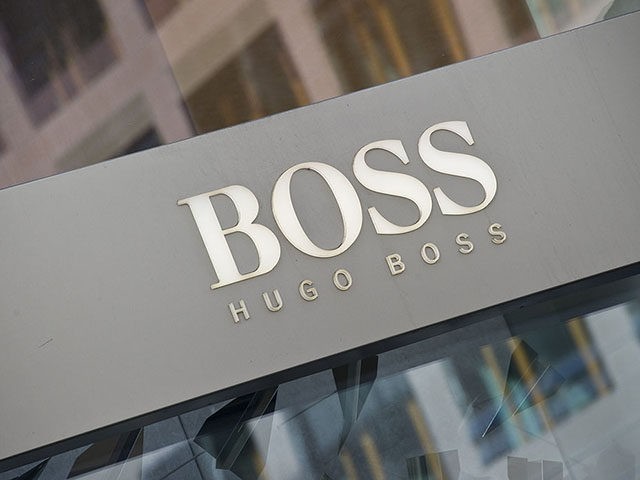Hugo Boss Vows to Buy Slave Cotton in Chinese After Denying Purchases in English

German fashion house Hugo Boss assured its Chinese buyers on Thursday that it will continue to “purchase and support” Xinjiang cotton, a product of Chinese state-supported slave labor by Uyghurs and other Muslim ethnic minorities, extensive reporting has revealed.
“Xinjiang’s long-stapled cotton is one of the best in the world. We believe top-quality raw materials will definitely show its value [sic]. We will continue to purchase and support Xinjiang cotton,” a verified Hugo Boss account wrote in a statement posted to the Chinese social media platform Weibo on March 25.
A Hong Kong Free Press (HKFP) reporter reached out to Hugo Boss on Thursday for comment on its Weibo statement supporting Xinjiang cotton and received a contradictory response.
“[I]n an emailed response to HKFP, the brand linked to a statement on its website saying it has never used Xinjiang cotton: ‘So far, HUGO BOSS has not procured any goods originating in the Xinjiang region from direct suppliers,'” the luxury fashion house wrote on its official Western website.
“Hugo Boss did not respond to HKFP’s questions as to whether it is sending different messages to Chinese and Western customers,” the newspaper noted.
Hugo Boss told NBC News in September that its Chinese textile supplier, Lu Thai, had “reassured” the brand that Xinjiang cotton had never been used to create Hugo Boss-branded garments in China.
The European Union, United States, Britain, and Canada jointly imposed sanctions on Chinese government officials on March 22 over human rights abuses in Xinjiang, which include forcing Uyghurs and other minorities to harvest cotton through slave labor. China retaliated by imposing sanctions on British officials and institutions on March 26. News of the tit-for-tat sanctions drove many foreign retailers that use Xinjiang cotton to publicly denounce the slave labor conditions this week. The outcry launched yet another retaliation by China’s ruling Communist Party, which attacked foreign brands critical of Xinjiang cotton on Friday.
Chinese Communist Party (CCP) officials practically erased the Swedish fast-fashion giant H&M from China’s strictly regulated internet on Friday, according to the Associated Press (AP). H&M announced last year it would stop purchasing cotton from Xinjiang, making it a larger target for CCP abuse.
China’s ruling Communist Party “often pressures foreign clothing, travel and other brands over actions by their governments or in an effort to compel them to adopt its positions on Taiwan, Tibet, and other sensitive issues,” the AP noted on Friday. “Most comply because China is one of the biggest, fastest-growing markets for global fashion, electronics, and other consumer brands.”
Hugo Boss seemed to allude to this pressure from the CCP in its Weibo statement on Thursday when it referred to the “One China” principle.
“For many years, we have respected the One China principle, resolutely defending national sovereign and territorial integrity, We have established long-term collaborations with many outstanding Chinese enterprises, and will continue to keep [the partnership],” the statement read.
Beijing’s One China principle insists that the sovereign nation of Taiwan is an “inalienable” province of China. In reality, Taiwan is a sovereign state fully independent of Beijing.
CCP officials in Xinjiang have detained 1 to 3 million Uyghurs and other Turkic ethnic minorities in state-run detention camps since at least 2017, according to estimates by human rights groups. The CCP refers to the facilities as “vocational” or Marxist education camps and officially denies forcefully detaining Uyghurs in Xinjiang. Beijing says the facilities are part of a wider campaign to train Muslim minorities for the Chinese labor force and de-radicalize alleged Islamist extremists within Xinjiang’s majority Sunni Muslim community.
No comments:
Post a Comment